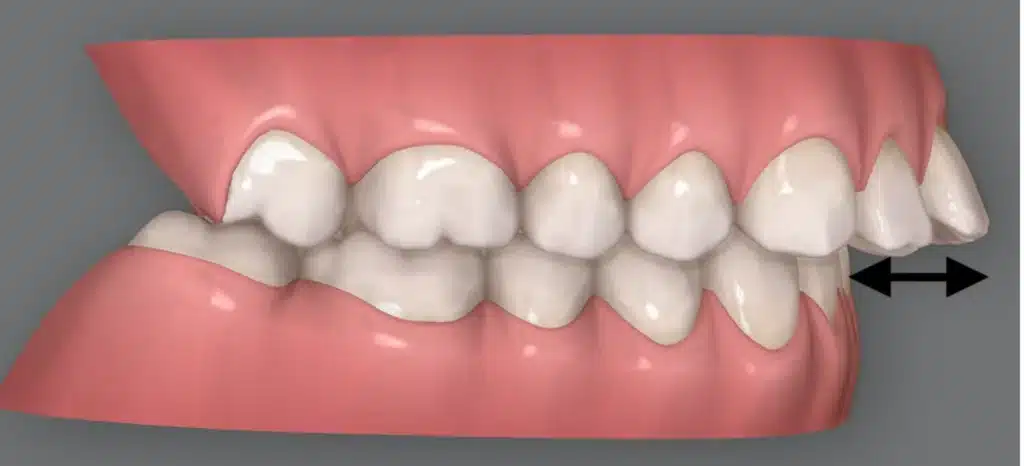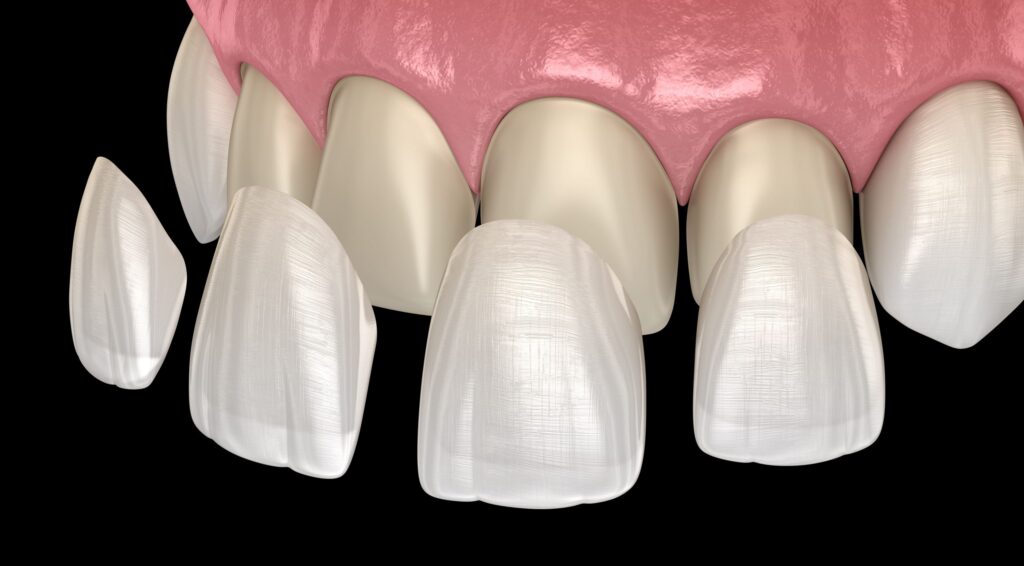Hearing the words root canal can make many people feel uneasy, but modern dentistry has made this procedure far more comfortable and stress-free than most patients expect. In fact, root canal therapy is often the best way to relieve pain, not cause it. Still, for patients who experience dental anxiety or have difficulty sitting through longer procedures, sedation dentistry can make the process much easier.
At Wedgewood Dental, your trusted dentist in Rolla, MO, we want every patient to feel calm and confident about their care. If you’re wondering whether you should consider sedation before your root canal, here’s what our dentists recommend and what you should know before deciding.
Understanding What a Root Canal Is
A root canal is a restorative dental procedure designed to save a tooth that has become infected or severely decayed. Inside each tooth is a soft tissue called the pulp, which contains nerves and blood vessels. When bacteria enter the pulp through deep decay, cracks, or trauma, it can cause significant pain and infection.
During a root canal, your dentist:
- Numbs the tooth and the surrounding area with local anesthesia.
- Removes the infected or damaged pulp.
- Cleans and disinfects the root canals.
- Fills and seals the space to prevent reinfection.
- Restores the tooth with a crown for strength and protection.
Once completed, the treated tooth can function normally for many years, helping you avoid extraction and further complications.
Why Some Patients Choose Sedation
Even though root canals are performed under local anesthesia, some patients still feel nervous about the experience. Sedation dentistry helps reduce anxiety, increase comfort, and make longer procedures more manageable.
You may consider sedation if you:
- Feel anxious or fearful about dental visits.
- Have a low pain threshold or sensitive gag reflex.
- Need complex or lengthy dental work.
- Have had previous negative dental experiences.
Sedation allows you to relax throughout the procedure while your dentist completes treatment efficiently and safely.
Types of Sedation Used for Root Canals
Your Rolla dentist may recommend one of several levels of sedation depending on your comfort needs and medical history. Each option is designed to provide a safe and controlled experience.
1. Nitrous Oxide (Laughing Gas)
Nitrous oxide is one of the most common and mildest forms of sedation. You inhale the gas through a small mask placed over your nose. Within minutes, you’ll feel calm and relaxed while remaining awake and able to respond.
The effects wear off quickly once the gas is stopped, allowing you to drive yourself home afterward. This option is ideal for patients with mild anxiety or those undergoing shorter root canal procedures.
2. Oral Sedation
Oral sedation involves taking a prescribed medication (often from the benzodiazepine family) about an hour before your appointment. It produces a deeper level of relaxation—you may feel drowsy or slightly sleepy, but will remain conscious.
You’ll need someone to drive you to and from your appointment, but oral sedation is an excellent choice for patients who experience moderate dental anxiety or have difficulty sitting still for long periods.
3. IV Sedation
Intravenous (IV) sedation delivers medication directly into your bloodstream, providing a deeper level of relaxation. Many patients report feeling as though they slept through the procedure, though they remain responsive to instructions.
IV sedation is best suited for patients with significant dental fear, a sensitive gag reflex, or extensive dental work. Because of its depth and effectiveness, it must be administered by a trained professional who monitors your vital signs throughout the treatment.
Is Sedation Safe?
Yes, sedation dentistry is considered very safe when administered by a qualified professional. Before recommending any sedation option, your dentist will:
- Review your medical history and current medications.
- Discuss any allergies or previous reactions to anesthesia.
- Choose the appropriate sedation method and dosage for your needs.
- Monitor you closely during and after treatment to ensure safety.
Patients with certain health conditions—such as sleep apnea, heart issues, or respiratory concerns—may need additional precautions. Your dentist will tailor your care plan accordingly.
What to Expect During a Sedated Root Canal
Even if you opt for sedation, your dentist will still use local anesthesia to numb the treatment area completely. This ensures that you remain pain-free during the procedure.
Here’s what typically happens:
- You’ll receive your sedation medication (gas, pill, or IV) before the procedure begins.
- As the sedation takes effect, you’ll feel calm and relaxed.
- Your dentist will complete the root canal treatment while you remain comfortable.
- Once finished, the sedation effects will gradually wear off.
Depending on the type of sedation used, you may remember very little of the procedure, and recovery time can range from a few minutes to a few hours.
Benefits of Sedation for Root Canal Treatment
Choosing sedation for your root canal can offer several important benefits, especially for patients who experience fear or discomfort at the dentist.
1. Reduced Anxiety
Sedation helps calm nerves, allowing you to undergo treatment without stress or worry.
2. Increased Comfort
You’ll feel deeply relaxed and may not even notice time passing during the procedure.
3. Better Efficiency
Sedation allows your dentist to work more effectively, often completing multiple steps or treatments in one visit.
4. Positive Dental Experience
For patients with past dental trauma, sedation can help rebuild trust and make future visits easier.
Who Should Avoid Sedation?
While sedation dentistry is safe for most people, it may not be suitable for everyone. Patients who are pregnant, have severe respiratory conditions, or have had adverse reactions to sedation in the past should discuss alternatives with their dentist.
A thorough consultation and health review will help determine if sedation is appropriate for you.
How to Prepare for a Sedated Root Canal
Before your appointment, your dentist will provide personalized instructions, which may include:
- Avoiding food and drink for several hours before the procedure (for oral or IV sedation).
- Arranging transportation if you will not be able to drive afterward.
- Wearing comfortable clothing and avoiding heavy meals on the day of treatment.
Following these steps ensures your safety and helps your procedure go smoothly.
Comfortable, Stress-Free Root Canal Care in Rolla
At Wedgewood Dental, we believe that every patient deserves gentle, comfortable care especially when it comes to procedures like root canal therapy. Whether you experience mild nervousness or significant anxiety, our team is here to make your visit as calm and positive as possible.
We offer multiple sedation options to fit your needs, all under the supervision of skilled dental professionals who prioritize your safety and peace of mind.
If you’re considering a root canal and want to learn more about sedation options, schedule a consultation with Wedgewood Dental, your trusted dentist in Rolla, MO. Together, we’ll help you regain your oral health and comfort with confidence.



